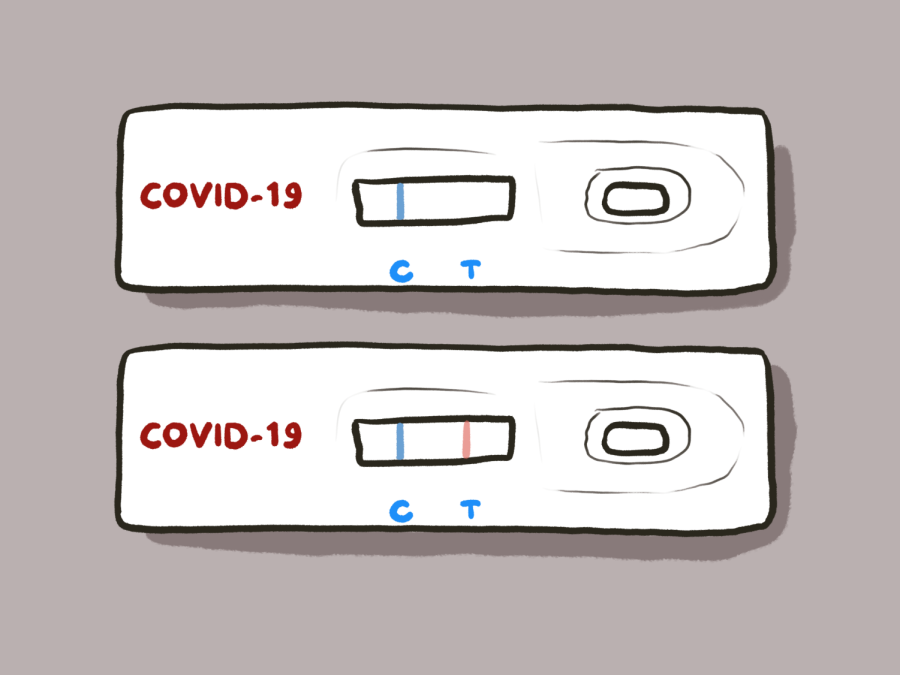National Guard Aids CPS Nursing Staff Amidst Omicron Surge
February 6, 2022
On January 6th, CRLS students identified as part of positive COVID-19 testing pools, resulting from the district-wide testing available on Monday, January 3rd, were directed to the CRLS fieldhouse to receive rapid antigen tests. There, students were met by members of the National Guard. The role of the National Guard, as Vice Principal Robert Tynes explained to the Register Forum, was to “assist our nursing staff with rapid antigen testing following the testing that took place.”
On January 3rd, Cambridge Public Schools organized an effort to conduct large-scale testing and provide polymerase chain reaction (PCR) tests for students, many of whom were returning from winter break vacations. However, results did not come back on the 7th—as planned—and an email sent out by the CPS district executives explained that a “vast majority of [individual] results [would] not be available due to a variety of factors at the lab.” Due to these complications, CPS had to quickly administer tests to individuals in positive pools.
To expedite the process, teams from the National Guard were deployed to help administer tests. Mr. Tynes explained to the Register Forum that “there is a shortage in many professions due to [COVID-19] and nursing staff [are] especially running short.” The presence of the testing teams helped alleviate pressure faced from these staffing shortages at CRLS. The state also contributed additional help by providing “an abundance of rapid test kits and masks.” After testing students at CRLS, members of the National Guard were dispersed to the Peabody/Rindge Avenue Upper Campus and King Open/Cambridge Street Upper School campuses.
The National Guard’s involvement at CRLS is part of a broader national and state effort to prevent the spread of the new COVID-19 Omicron variant with the Guard’s help. According to a press release from the Massachusetts State Government, Governor Charlie Baker activated “up to 500 members of the Massachusetts National Guard to address the non-clinical support needs of hospitals and transport systems” on December 21st, 2021. The Federal Emergency Management Agency (FEMA) also announced plans to extend federal funding of National Guard deployments nationwide and has so far “obligated over $2.7 billion” to relieve the “economic burden” some states might experience due to activating the National Guard. Normally, states would be able to take the associated expenses but due to the pandemic, some states have a reduced tax revenue because of unemployment and the closure of “non-essential businesses.”
While Mr. Tynes expressed appreciation for the help from the National Guard, he “truly hopes” a similar situation will not occur again. In the larger context, he is also “hopeful that soon we will turn a corner and the number of positive cases in our city, state and country will begin to go down and stay down to much more manageable numbers.”










